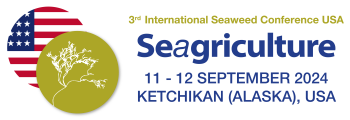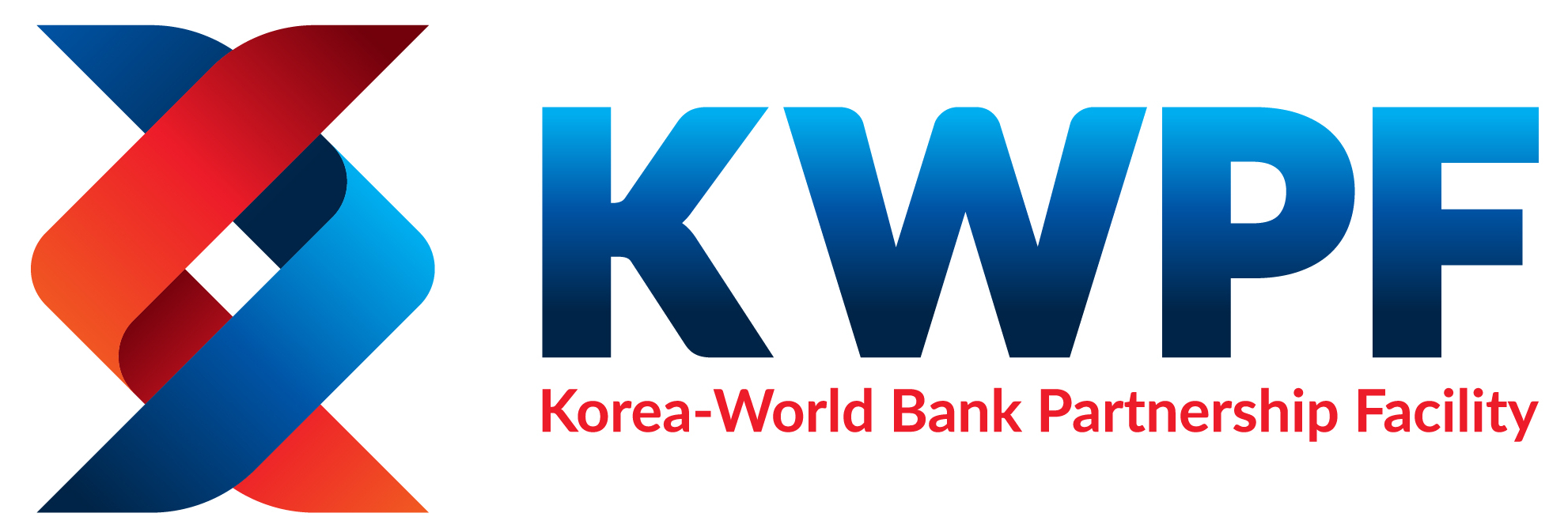
Seaweed industry from a global perspective
Harrison Charo Karisa, Senior Fisheries Specialist (Aquaculture), Environment Natural Resources and Blue Economy Global Practice, World Bank Group, USA

Speaker
11 - 12 September 2024
Ketchikan, Alaska, USA

Seaweed industry from a global perspective
Harrison Charo Karisa, Senior Fisheries Specialist (Aquaculture), Environment Natural Resources and Blue Economy Global Practice, World Bank Group, USA
About speaker:
Harrison Charo Karisa is a Senior Fisheries Specialist (Aquaculture) at the World Bank. Currently engaged in global efforts of the WBG AquaInvest Platform to support governments and private sector in aquaculture development, strengthen livelihoods, and enhance food and nutrition security through climate smart use of land and seascape resources. His work encourages resilient farming practices that enhance biodiversity and ecosystem services and has recently been engaged in global seaweed development fostering knowledge exchange globally. He holds a PhD in Animal Sciences (Fish Breeding, Genetics and Aquaculture) from Wageningen University of Life Sciences, in the Netherlands and MSc in Biodiversity from Swedish Agricultural University, Sweden.
Company:
The World Bank Group is an important provider of knowledge, analysis, and operations support including provision of loans and grants for investment and technical assistance to developing countries globally. It provides a valued partnership mechanism and significant contributions toward addressing challenges facing aquaculture development. The size and quality of its fisheries and aquaculture portfolio underscores the commitment of the World Bank to these sectors.
Presentation:
The presentation will focus on the Global Seaweed New and Emerging Markets Report which was recently published by the World bank. The study was funded by the PROBLUE Multi-Donor Trust Fund under the AquaInvest Platform. It presents new and emerging applications for seaweed-based products, and seeks to identify gaps, innovations, and new opportunities to scale up the seaweed industry and alleviate poverty while improving global environmental resilience. Some of the most promising applications identified in the report are biostimulants, bioplastics, methane reducing feed additives, animal and pet food, construction materials, alternative proteins, nutraceuticals, and pharmaceuticals products. The valorization of ecosystem services provided by seaweed farming activities, including restorative activities, biodiversity conservation and climate change action, is discussed pointing out the potential for seaweed to contribute towards reduction in carbon footprints in food systems. The presentation will showcase the benefits of upscaling of seaweed production towards eradicating poverty while fostering a livable planet for now and future generations.



